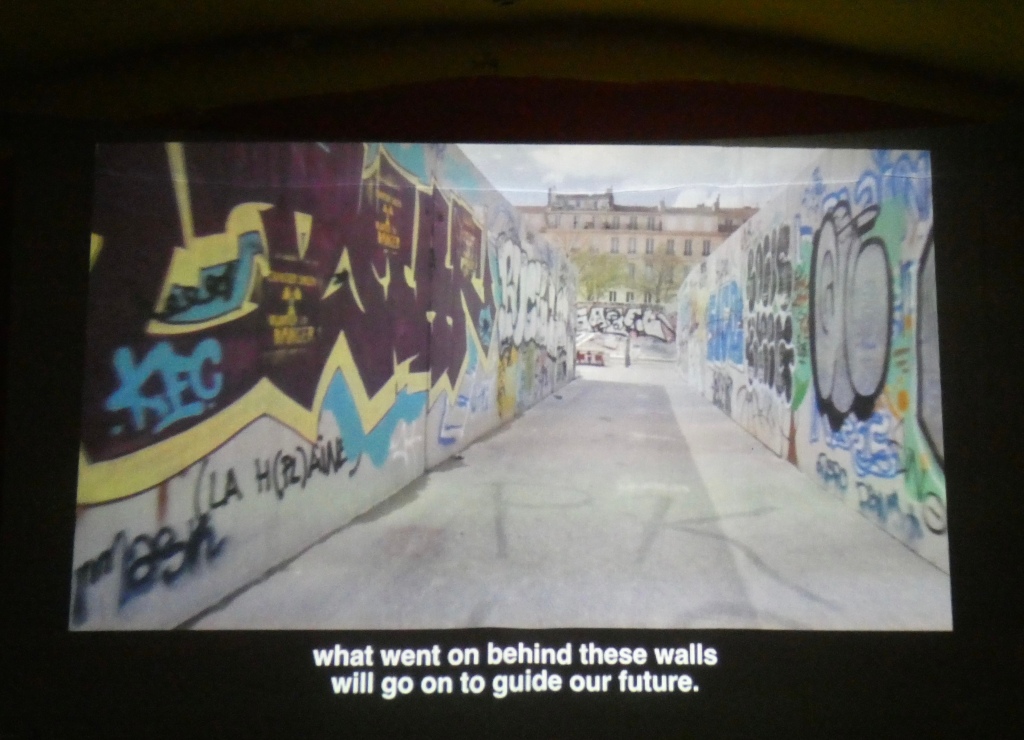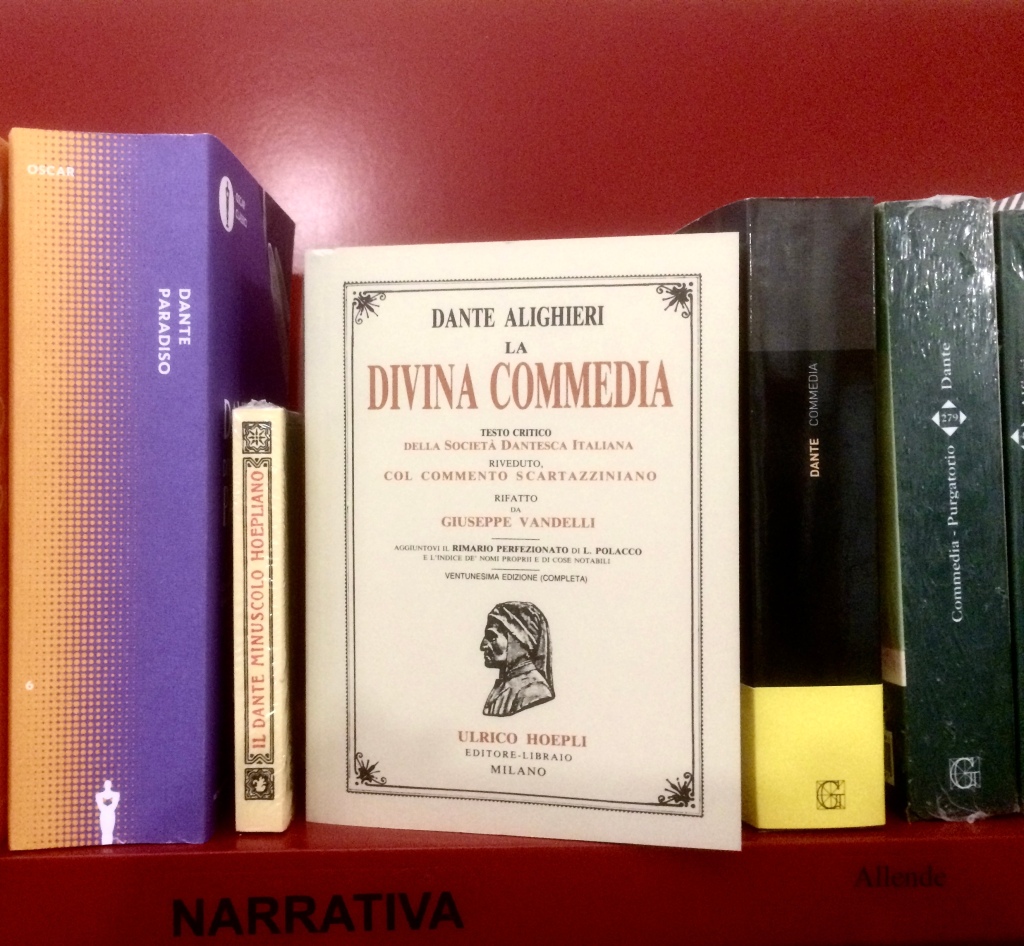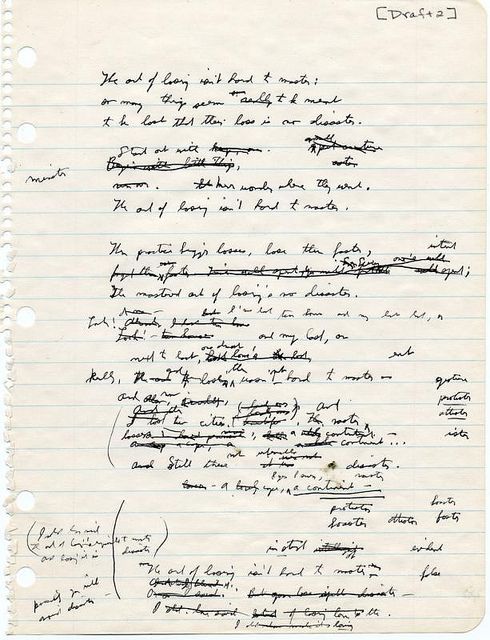What was that I was saying in the last diary entry about “trying to resist the urge to take on too much as I know from experience that would be counter productive.” And what did I do? Just that!
Agreed to a trip to Italy at the last minute. Lost the presence that was telling me there were unknown quantities, barely enough time to make the necessary bookings ahead and I already had a lot on.
It was meant to be a break, a gentle time with a little bit of work, a little bit of sightseeing and relaxing. I reasoned I was due a break. I figured I could work away, I’ve done it before. It turned out to be far from gentle with temperatures up to 37 degrees in the humid sub tropical climate of Liguria.
My phone was telling me it was 26 degrees outside so I couldn’t understand why I was having such difficulty trying to think straight and follow directions in google maps. Only when I saw the sign outside a pharmacy at about 5.00pm registering 35 degrees I twigged. These heats can kill and seriously mangle attempts at rational thought.
It all sounded so good! A radical film festival in Genoa and a few days in Cinque Terre, a place I’ve yearned after visiting for some time. The whole experience was costly in terms of time, energy, money and potentially my mental health. The latter is intact but was put under serious strain.
Despite that there were some good moments:-
Screening of a spectacular film from Marseille of the struggle of a community against gentrification- La bataille de la Plaine by Sandra Ach, Nicolas Burlaud, Thomas Hakenholz, Francia, 2020

A visit to the site of the oldest bookshop in Europe, the original location seemed to be closed with an alter new venue round the corner. According to wiki the Libreria Bozzi bookshop was founded by a French Jewish refugee from Briançon, Antone Beuf (Antonio Beuf), in 1810.

A visit to Lerici where the Shelley’s made their base at Villa Magni in 1822. The site has now fallen into disrepair. It was meant to be their dream home. Ultimately Percy Shelly would meet a watery death in the bay he so admired. Note only Percy appears on the plaque. Ironically, like the trip, it was not the happy and curative time the Shelley’s had hoped for, according to Louise A. DeSalvo (1942-2018)

“Moving to Casa Magni, even for the spring and summer, made no sense. But Shelley’s [Percy’s] desire to inhabit his presumed dream house distorted his capacity to assess what his family needed.
The house was in that wild and out-of-the-way place inhabited by a handful of fisherfolk Shelley yearned for. And there was the “divine bay” just beyond the house where Shelley could sail.
But Mary despised the place from the first. Although she did not insist they leave, she was pregnant, ill, and unhappy. She called it “a dungeon,” feared what might happen there and warned a friend to stay away.”
#amwriting poetry about the darkness and danger of a collapsed society
#amreading Fiona Bensons Bright Travellers and the 2021 Gingko Prize winning poems
The results of this prestigious prize were announced on 24th June. A video of the ceremony and link to the 2021 anthology can be found at
Home
A blog post by Anne Enith Cooper
Find my bio here
Contact me here
BACK TO HOME
